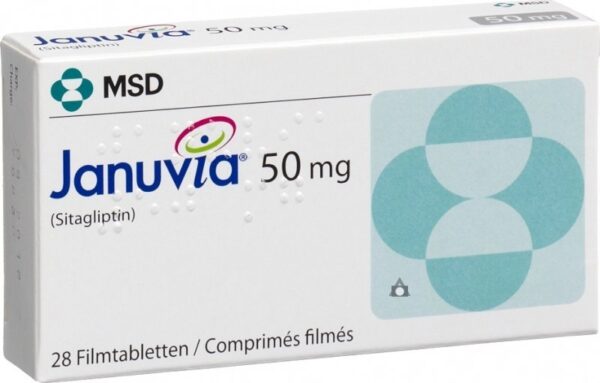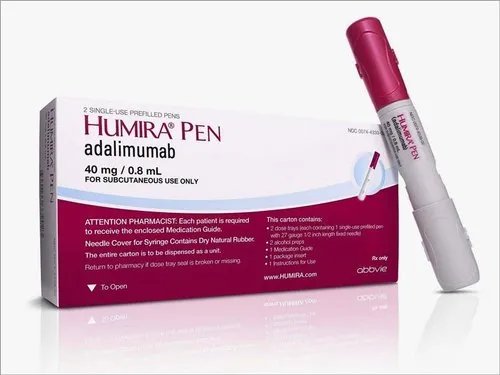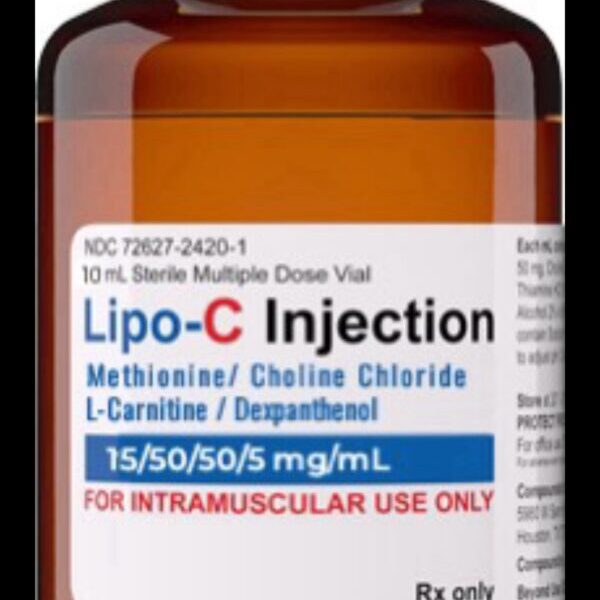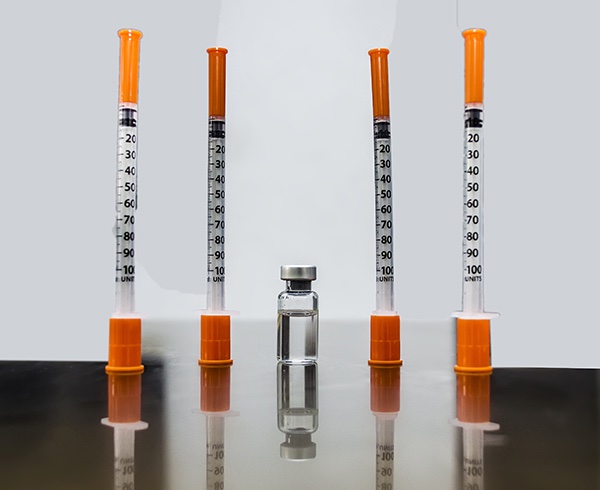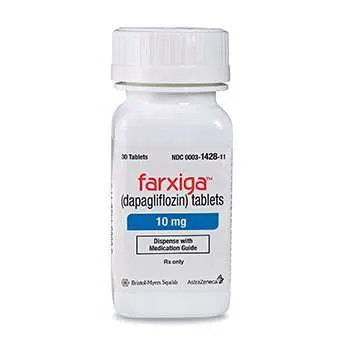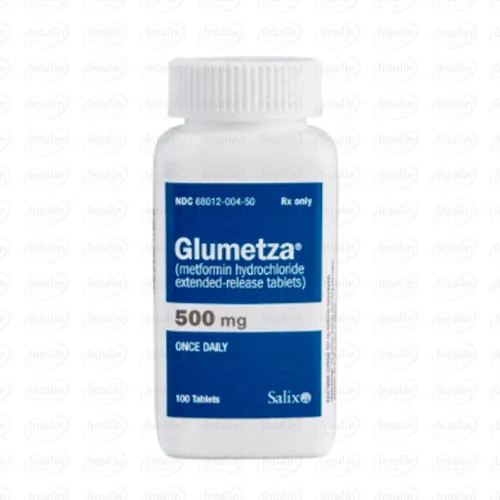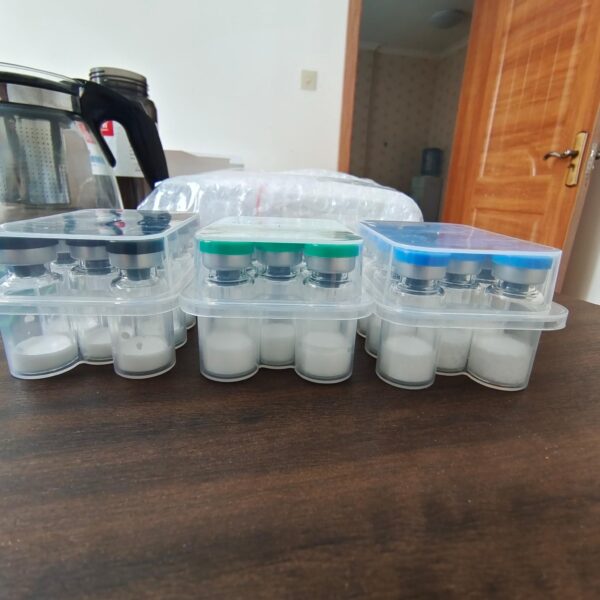Januvia (Sitagliptin Phosphate) Description
Januvia (sitagliptin) is a medication taken once daily to help lower blood glucose (sugar) levels in adults with type 2 diabetes.
It works by regulating the insulin produced by the body after meals.
Januvia is prescribed a healthy diet, exercise weight control, and regular blood sugar testing to optimize glycemic control.
It is not known whether Januvia is safe and effective in children.
This medication should not be used by those with type 1 diabetes or experiencing diabetic ketoacidosis (increased ketones in the blood or urine).
It is unknown if you have a high chance of developing pancreatitis (inflammation of the pancreas) if you have had it in the past.
Januvia belongs to a class of drugs called dipeptidyl peptidase four inhibitors (DPP-4 inhibitors), which stabilize and manage blood glucose levels among patients with diabetes.
DPP-4 inhibitors slow the inactivation and degradation of the hormone GLP-1, which is responsible for removing glucose in the gut and improving glycemic control, and reducing fasting and postprandial (after meals) glucose levels without causing weight gain. It does not cause hypoglycemia unless combined with other treatments.
Usage
Januvia is prescribed by itself or with other diabetes medications.
Take Januvia as instructed by your doctor and pharmacist. Review directions on the medication guide, prescription label, and instruction sheets. Your doctor may choose to adjust your dosage. Be sure to follow their instructions carefully.
It can be taken with or without food.
Your doctor may recommend checking blood glucose levels regularly and sharing results during visits.
Store medication at room temperature and away from heat, direct light, and moisture.
Side Effects
The most common side effect experienced by patients taking Januvia includes a stuffy, runny nose, sore throat, headache, or upper respiratory infection.
When Januvia was used with a drug called rosiglitazone, some reported side effects, including upset stomach, swelling of hands and feet, and diarrhea.
As with any medication, side effects may occur. However, most patients do not experience any severe side effects.
Hypoglycemia
Even though sitagliptin does not cause hypoglycemia, low blood sugar levels may result from medications part of your diabetes treatment, such as sulfonylurea or insulin. Your doctor may adjust the dosage of one or more medications you are taking during your treatment.
Alcohol consumption, surgery, exercise, stress, skipping meals, and illness can affect blood sugar levels.
To treat episodes of hypoglycemia, consume a glucose tablet, sugar packet, sugary snack (candy, jellybeans, raisins, crackers), or sugar drink (non-diet soda or fruit juice).
Your doctor may prescribe a glucagon injection kit in case the patient loses consciousness due to hypoglycemia. Educate family and friends on what to do in the event of loss of consciousness due to hypoglycemia and how to inject glucagon.
Avoid strenuous exercise, high alcohol consumption, skipping meals, or consuming a low among calories to prevent hypoglycemia.
Let your doctor know if you experience episodes of hypoglycemia.
Hyperglycemia
Patients may experience symptoms of hyperglycemia as part of their diabetes treatment.

